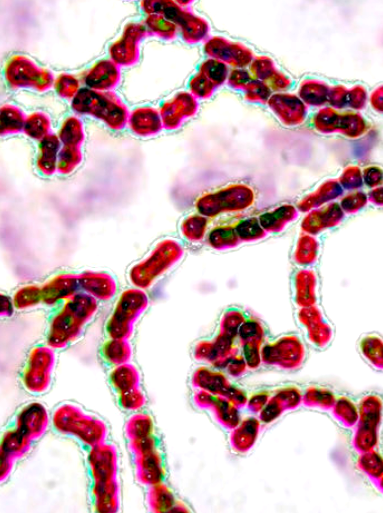Bacteriophage tests well
 A new treatment is showing promise in the fight against highly resistant ‘superbugs’.
A new treatment is showing promise in the fight against highly resistant ‘superbugs’.
Bacteriophages, a type of virus that infects and kills bacteria, could be used to treat antibiotic resistant superbugs that are evolving rapidly around the world.
Pan-drug-resistant bacteria - or ‘superbugs’ - are resistant to all commercially available antimicrobial agents and are an increasing public health threat as treatment options are limited. An alternative approach is to use bacteriophages, a type of virus that infects and kills bacteria.
In 2016, a 30 year old woman suffered gruesome injuries from a suicide bombing in Brussels Airport. The victim experienced extensive complications for over three years after her wound became infected with antibiotic resistant bacteria.
After 700 days of ineffective antibiotic treatment, the patient began bacteriophage therapy alongside other interventions, and three months later her condition drastically improved, and her infection could no longer be detected.
The bacteriophages used in this type of therapy need to be precisely adapted to work against specific mutations in each bacterial infection, which is a lengthy and complicated process.
Although this case study demonstrates the potential of bacteriophage therapy, complex personalisation of treatment is likely necessary, making application for larger patient groups challenging, the authors conclude.
More details are accessible here.








 Print
Print